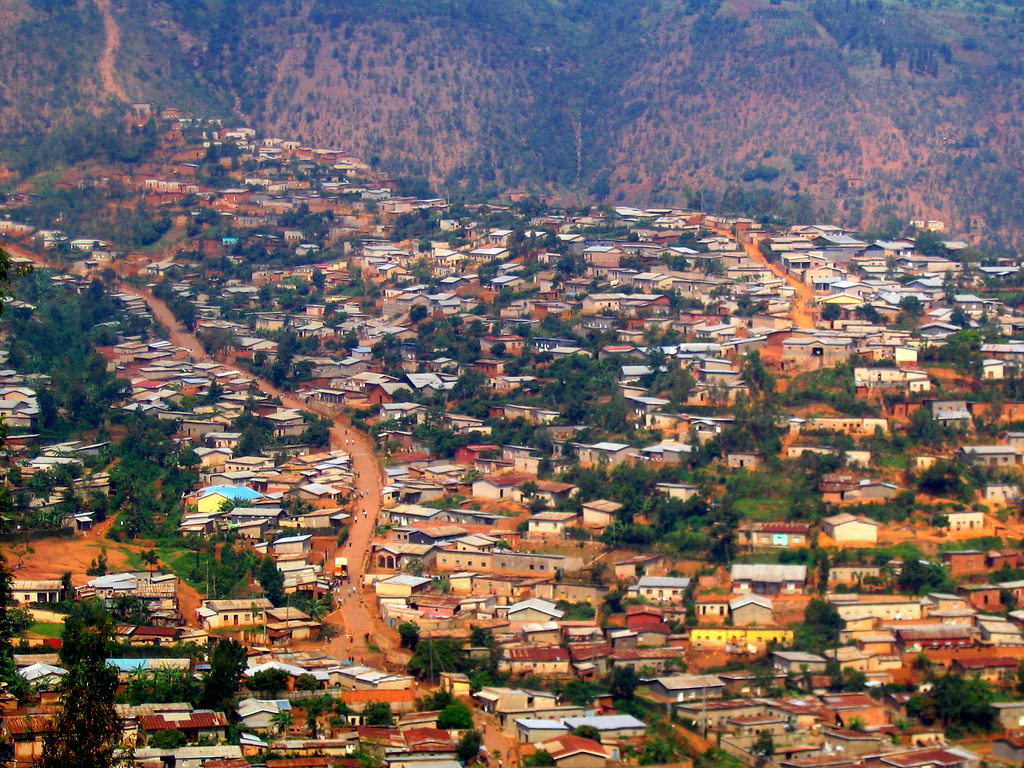“A genocide begins with the killing of one man – not for what he has done, but because of who he is” – Kofi Annan, Secretary-General of the UN (1997-2006)
2020 marks the twenty-six year anniversary of the Rwandan Genocide of 1994. The genocide, which began in April and spanned over one-hundred days, witnessed the barbarous murder of 800,000 Tutsis and 30,000 moderate Hutus. As journalist Philip Gourevitch put it, “the entire Hutu population was called upon to kill the entire Tutsi population”. Twenty-six years on, the economic, political and social repercussions are still apparent; recovery of the country is questionable. Today, social conditions in Rwanda are peaceful but uneasy: Phil Clark has said that no other country today has so many perpetrators of mass atrocities living in such proximity to their victims’ families. Politically, the country has seen some improvements in gender politics, but the success must not be overexaggerated. Freedom of speech is suppressed by the dictator, Paul Kagame, and people find it difficult to know who they can trust. The economic condition of the country has undoubtedly improved since 1994: the per-capita gross domestic product has nearly tripled and there have been sufficient improvements in the public sectors.
Unsurprisingly, the mental and emotional scars of the genocide are long-lasting. Chrystal, who was three years old when the genocide took place, says that there is a lot of hurt on all sides: some of the Hutus still hold extremist views, while others ask for forgiveness. Patience (not her real name) was nine years old at the time of the genocide: she was the only member of her family to survive. Patience says that she often hears the sounds of them crying and sees the mental images of their bodies. She also tells the story of a suspicious man who wears her father’s trousers and shoes, and when asked where he found them, he tells her, “your father left them in the church”, a questionable answer considering her father was not in the church at the time. Since 1994, the government has been working to bring justice to those who committed the crimes: from 2002 until 2012, a huge web of community courts was set up in villages to dispense justice.
Rwanda’s economy suffered heavily during the 1994 genocide. The GDP declined at a rapid rate of forty per cent; the majority of the population were impoverished, and the country found it almost impossible to attract private and external investment. Twenty-six years on and, according to The Economist, the economy has recovered rapidly: that is to say that Rwanda now has a steadily improving education system and an expanding national health service. As president, Kagame has prioritised national development and launched a programme, Vision 2020, to develop Rwanda as a ‘middle-income country’ by the end of this year. CNN Journalist, Fareed Zakaria, has described Rwanda as the ‘biggest success story’ in the entire continent. This is certainly noticeable. In 1995, GDP per person was $125 per person: today, it rests at around $800. However, some economists have questioned how reliable these rosy statistics are.
The political recovery of the country has been mixed. On the one hand, Rwanda is the only government in the world that has women as the majority of parliamentarians, an explicit show of progress that other countries ought to follow. Despite this, the country by no means runs smoothly. President Kagame has been continuously accused of exploiting the horror of the mass murder to legitimise his authoritarian regime. In 2017, Kagame ‘won’ 99% of the vote, and though he allowed the compliant Green Party to have two seats in parliament, its members recall how unknown killers decapitated the party’s vice-president. Similarly, in 2018, two opposition leaders who had sought to run for president, including a Hutu, Victoire Ingabire, were freed from prison. Ingabire’s spokesman, however, was murdered last year. Kagame’s elaborate system of spies and social controls, leave little room for political competition. A Rwandan journalist has said that nobody has the nerve to dissent, and nobody tells you what they think.
Ultimately, there have been improvements within the country: women are well represented in government, GDP has increased, and the public sector is expanding. But it would be naive to expect to see the country fully recovered just twenty-six years after one of the worst genocides in global history. The mental repercussions are undoubtedly the deepest endured; living alongside neighbours who have killed families has incited a reluctance to trust anyone. Paul Kagame’s tightly censored media and the repressive regime have inflamed heavy criticism from human rights groups, and after allegations that Kagame had supported two insurgencies in the country, several countries suspended aid payments, partly stunting the country’s economic growth.
Kerry Pearson
Image: Flickr.

